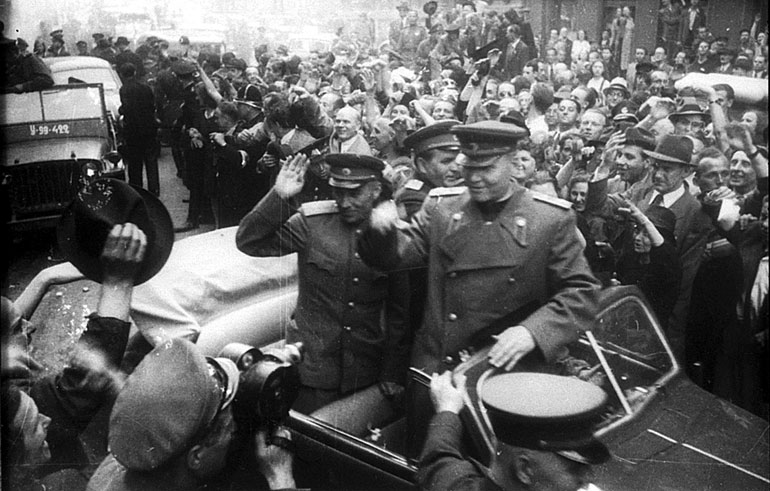Photo: I. S. Konev in Prague, 1945. Karel Hájek // wikimedia.org
The authorities of the USSR helped to supply food to the peaceful population of European countries after their liberation from the fascist occupation even before the war ended. This is stated in the documents declassified by the Ministry of Defense. The food was received by inhabitants of Poland, Austria, Germany, Czechoslovakia, the TV Star website reports.
According to the representative of the Central Archive of the MOD, Victoria Kayayeva, in those years, the Soviet people were in a situation when there was not enough food. As an example, she cited a certificate, dated February 9, 1945.
The fighting was still going on, but tons of bread were put at the disposal of the Polish authorities. The documents state how many tons of which material was sent to the inhabitants of Poland. Groats, flour, rye went in whole echelons, which were sent from railway stations in the outback of the country.
Photo: Statement on situation in Poland of Ministry of Defense//tvzvezda.ru
Such documents are the vivid evidence of the complete failure of any theories on so-called "occupation" of European countries by the USSR after the end of the Great Patriotic War.
What kind of "invaders" bring along with them seed, provide food for the local population and help children, asks Victoria Kayayeva. “Do the occupiers act like this?” she emphasizes.
Russkiy Mir



